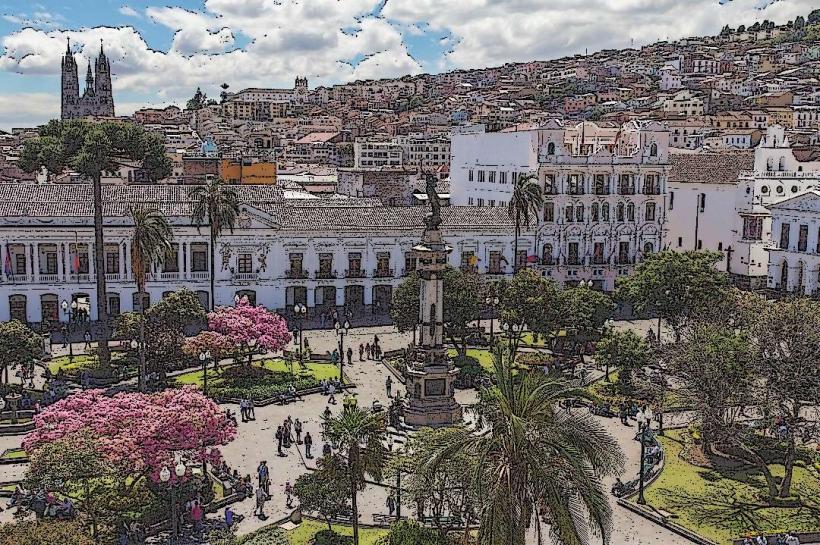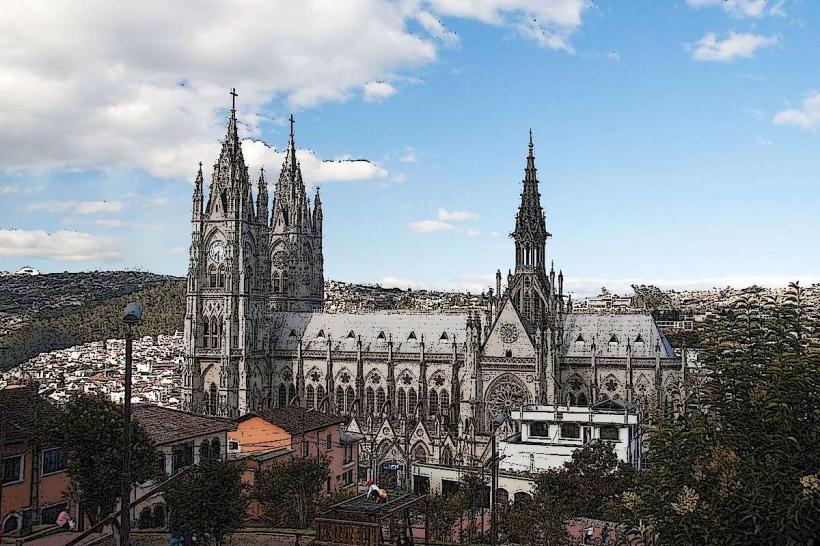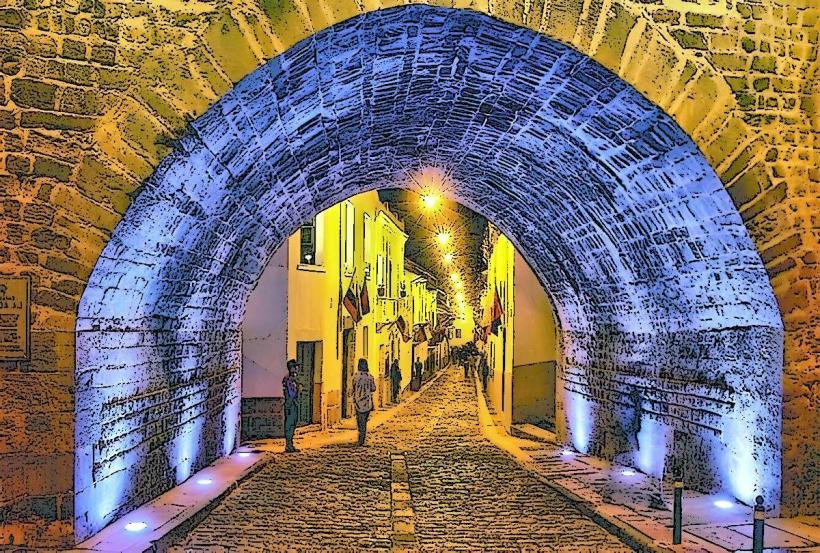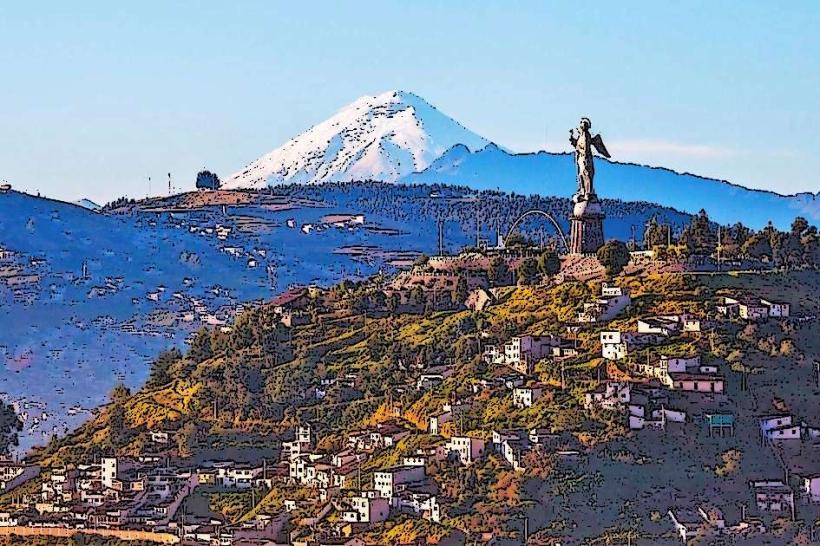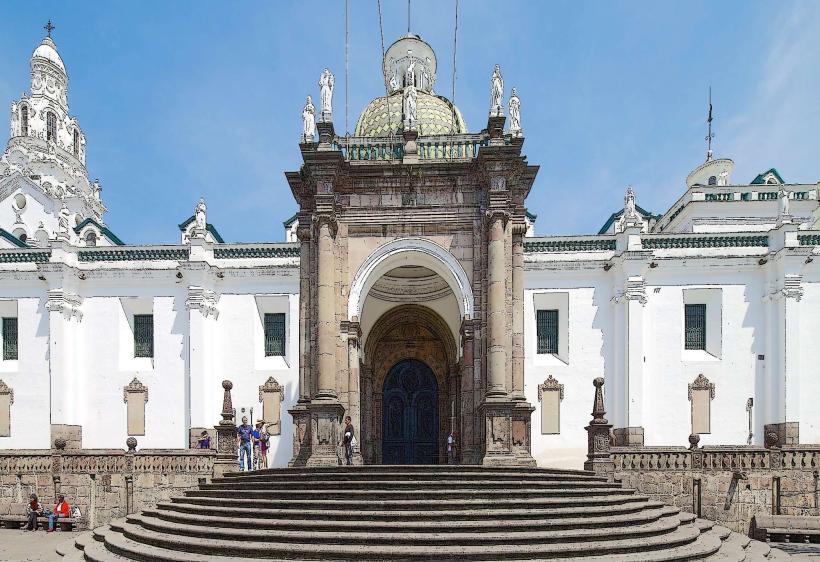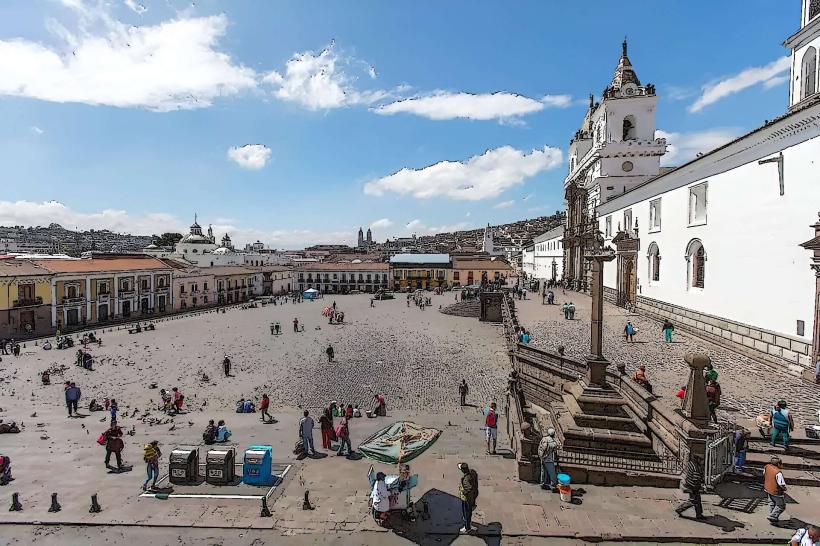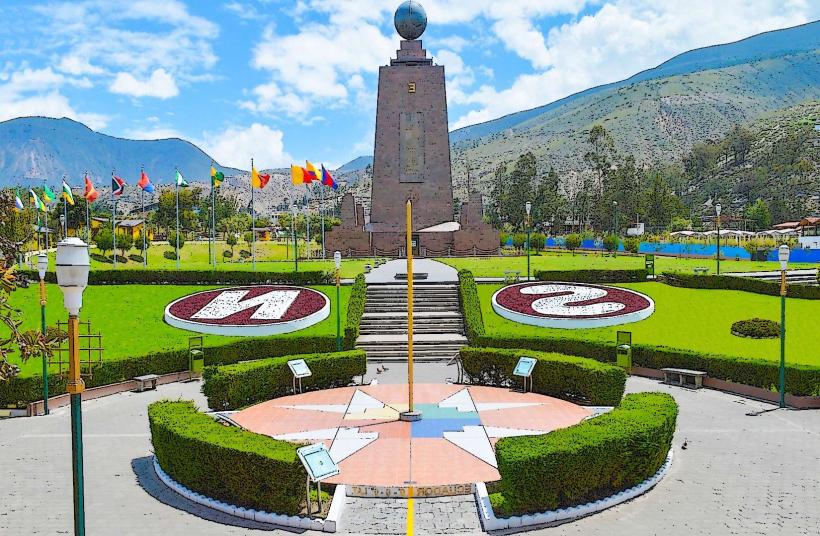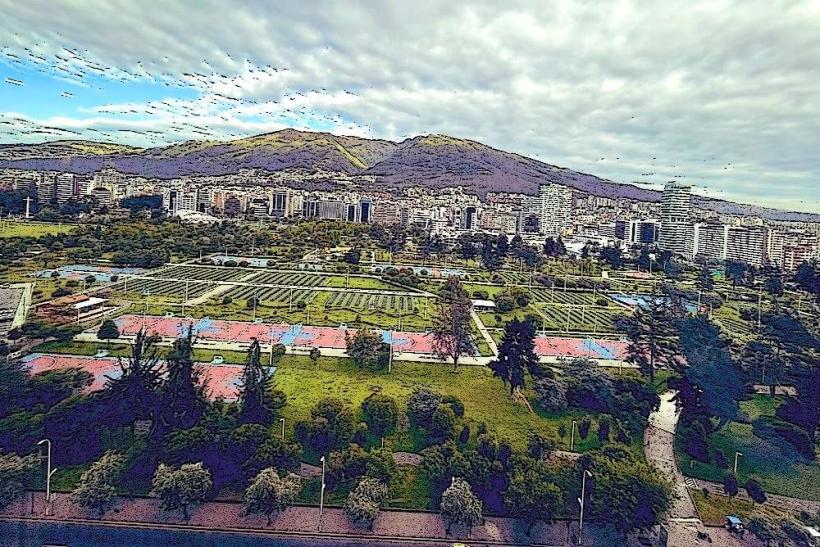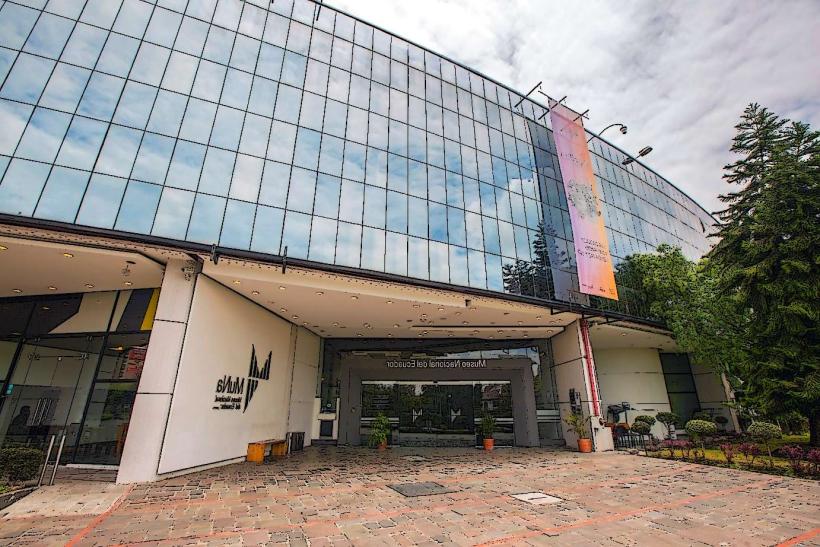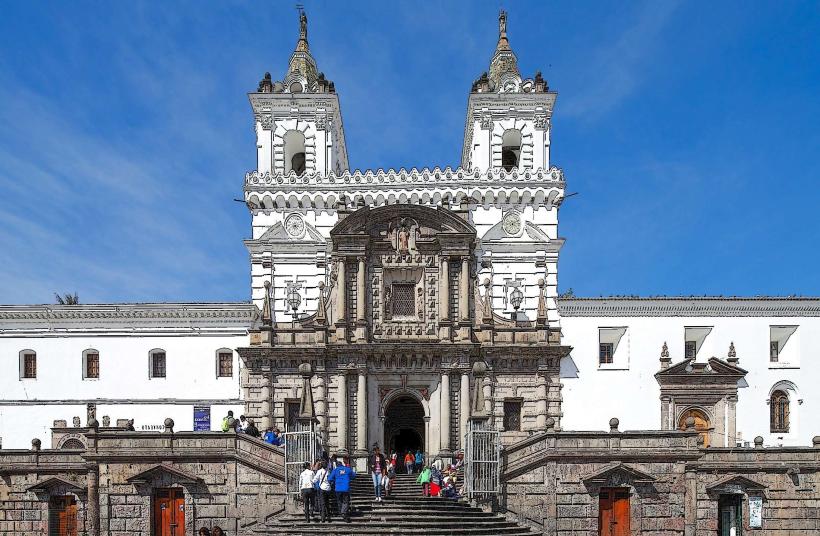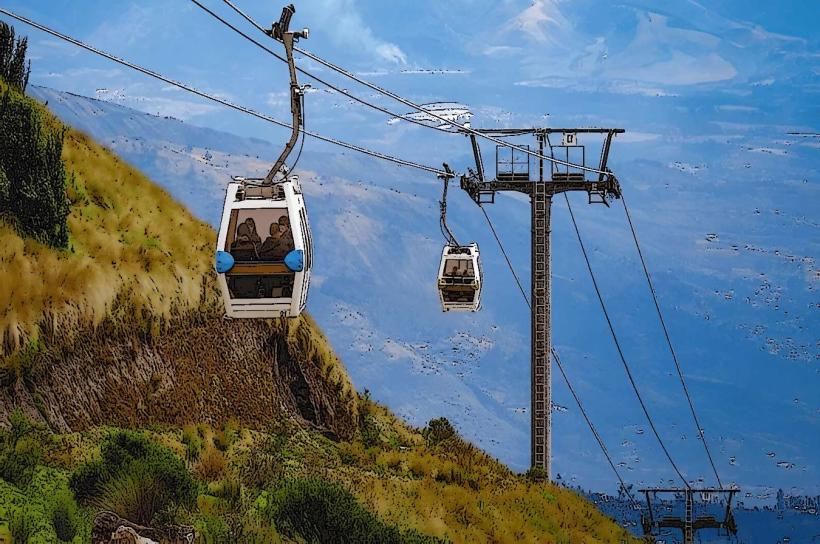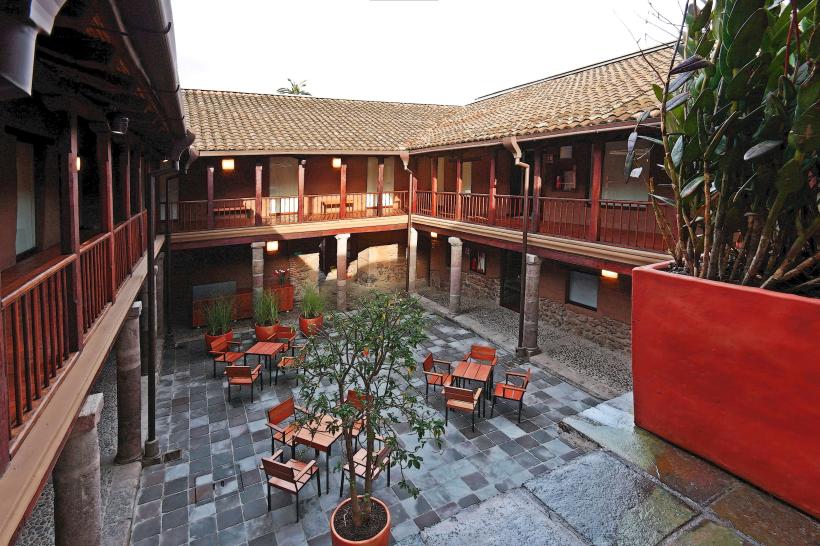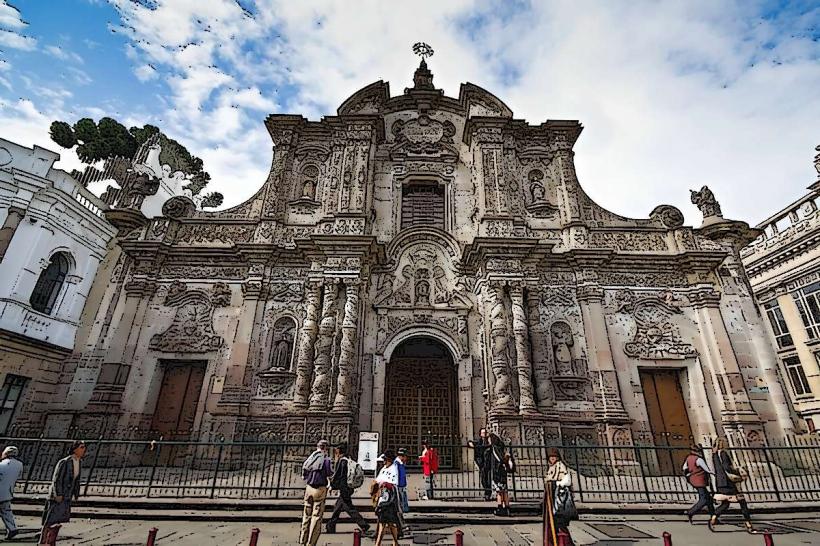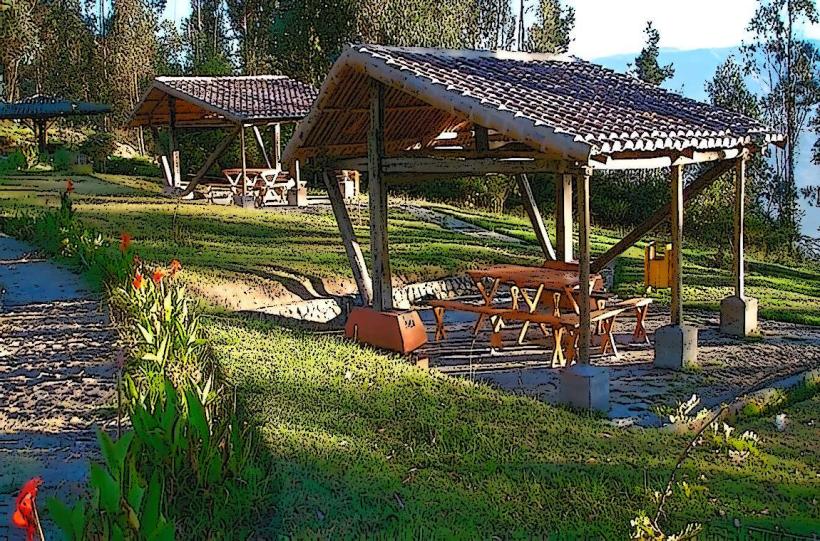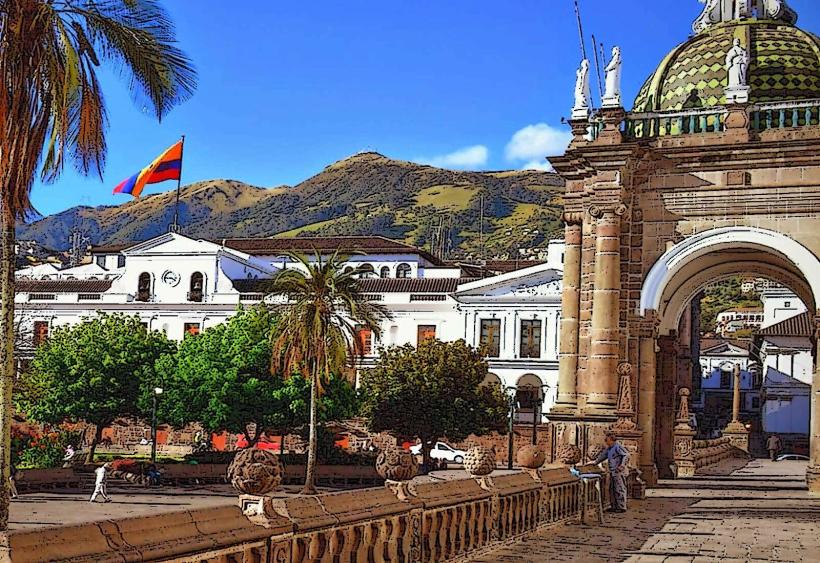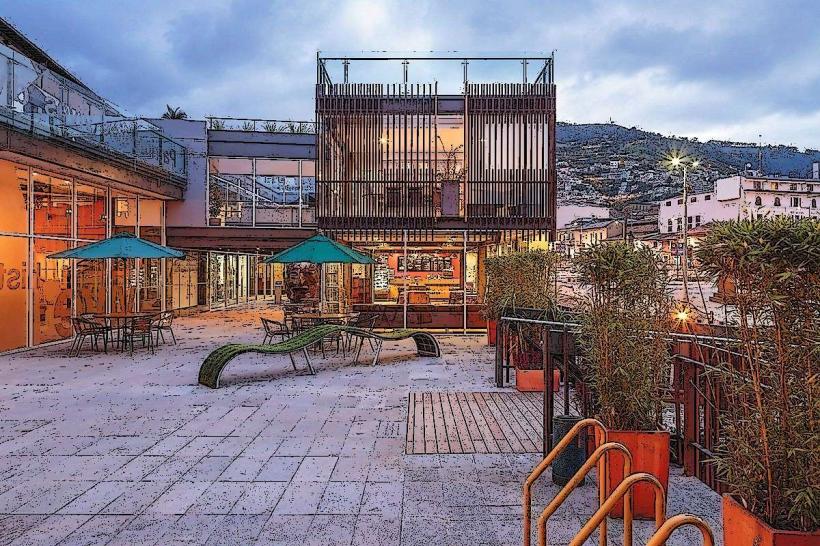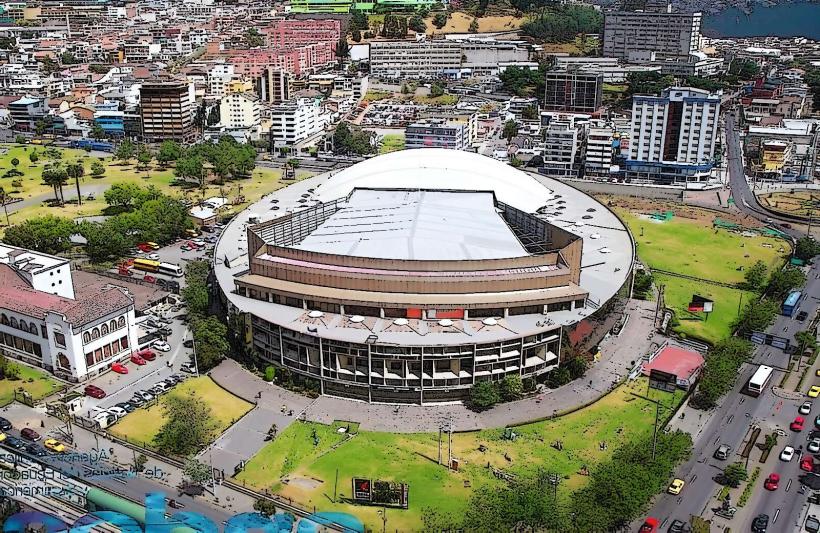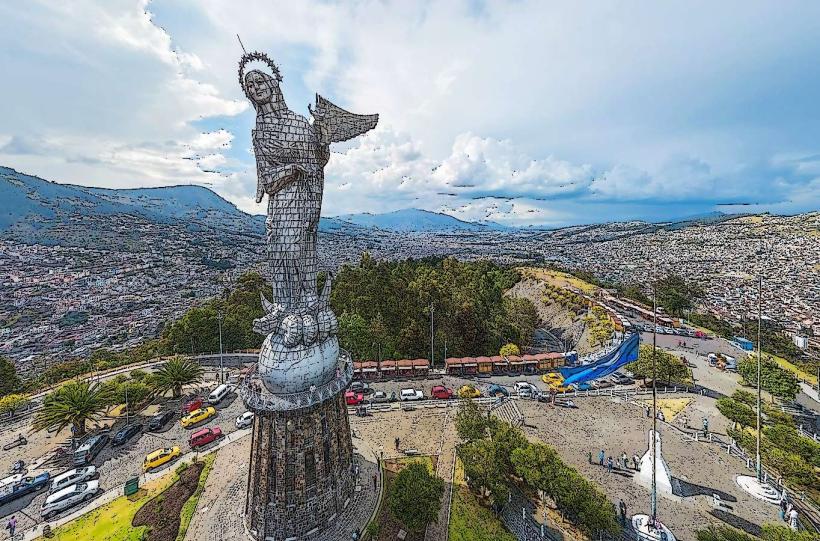Information
Landmark: Museo Templo del SolCity: Quito
Country: Ecuador
Continent: South America
Museo Templo del Sol, Quito, Ecuador, South America
The Museo Templo del Sol is an archaeological museum located in Quito, Ecuador. It houses artifacts from pre-Inca cultures of Ecuador.
Visual Characteristics
The museum building is constructed from reinforced concrete and features a modern, angular design. Its exterior is painted a neutral grey. The interior exhibition spaces are designed for artifact display, with controlled lighting and climate systems.
Location & Access Logistics
The Museo Templo del Sol is situated at Calle de los Guaytambos 1-100, approximately 8 kilometers south of Quito's historic center. Access is primarily via private vehicle or taxi. The Panamericana Sur highway is accessible within 1 kilometer. Public transport options include bus lines 1, 2, and 3, which stop at the "Museo Templo del Sol" station, a 5-minute walk from the entrance. Limited street parking is available adjacent to the museum.
Historical & Ecological Origin
The museum was established in 1998 to consolidate and display archaeological findings from various Ecuadorian sites. The collection focuses on artifacts from cultures such as the Valdivia, Machalilla, and Inca, dating from approximately 3500 BCE to 1500 CE. The site itself is located on a plateau with views of the surrounding Andean foothills.
Key Highlights & Activities
Visitors can view ceramic pottery, stone tools, and gold ornaments. Specific exhibits detail burial practices and daily life of ancient Ecuadorian peoples. Informational panels provide context for the displayed items. No interactive activities are offered.
Infrastructure & Amenities
Restrooms are available on-site. Limited shaded areas are present in the outdoor courtyard. Cell phone signal (4G) is generally reliable within the museum. No food vendors are located at the museum; the nearest options are approximately 2 kilometers away in the adjacent urban area.
Best Time to Visit
The best time of day for viewing artifacts is during daylight hours when natural light can supplement the interior lighting. The driest months in Quito are typically June through September, offering more predictable weather for travel. No tide considerations apply.
Facts & Legends
A notable artifact is a collection of anthropomorphic ceramic figures believed to represent ancestral spirits. Local lore suggests some of these figures were used in rituals to ensure agricultural fertility.
Nearby Landmarks
- Parque Metropolitano Guanguilí (1.5km Northwest)
- Mercado Artesanal La Mariscal (7km North)
- Basílica del Voto Nacional (8km North)
- Plaza de la Independencia (8.5km North)

